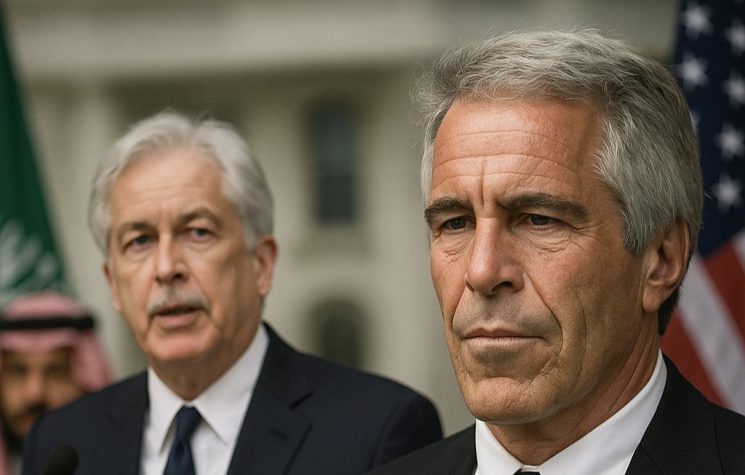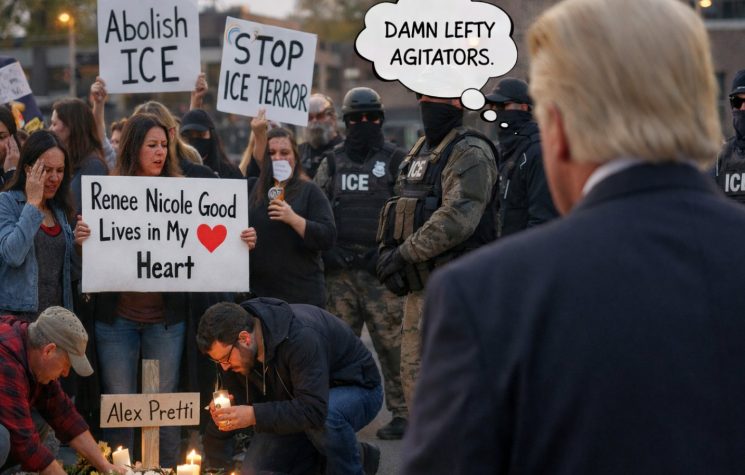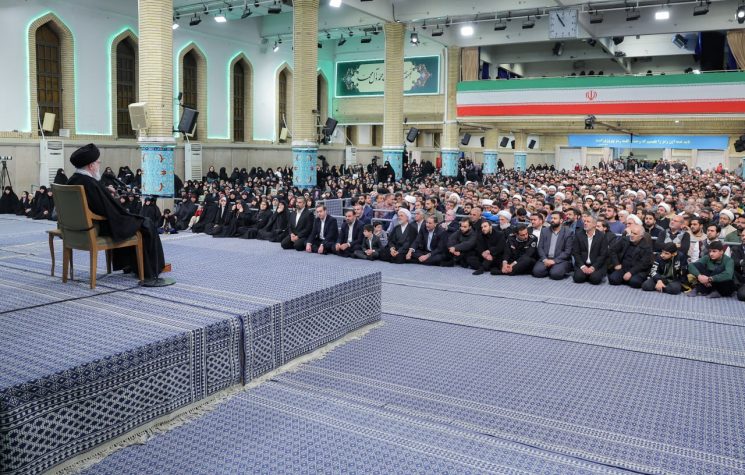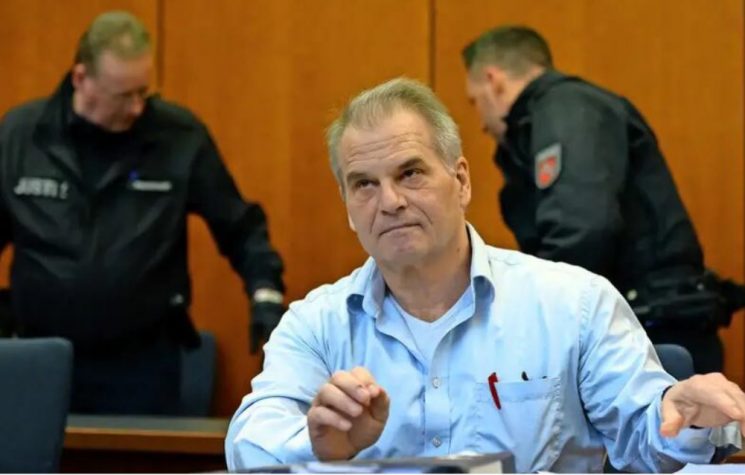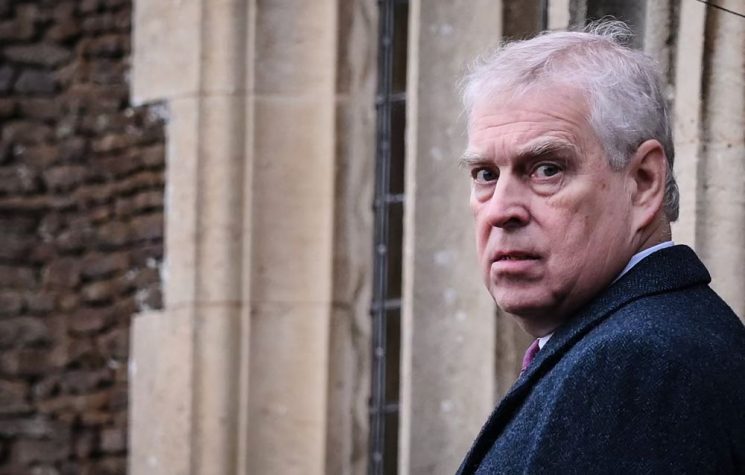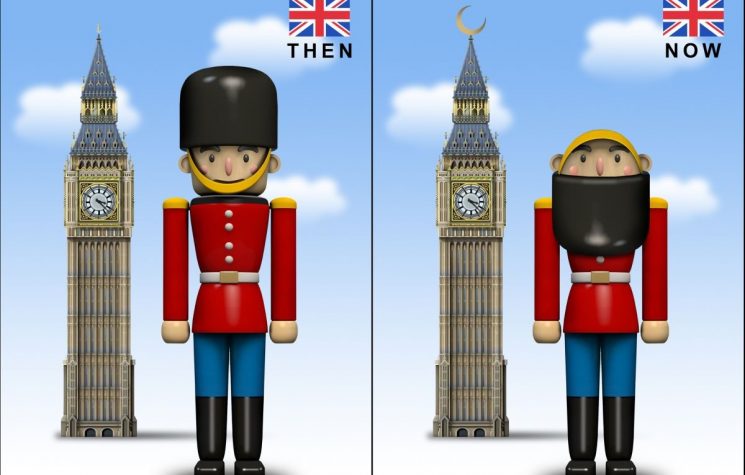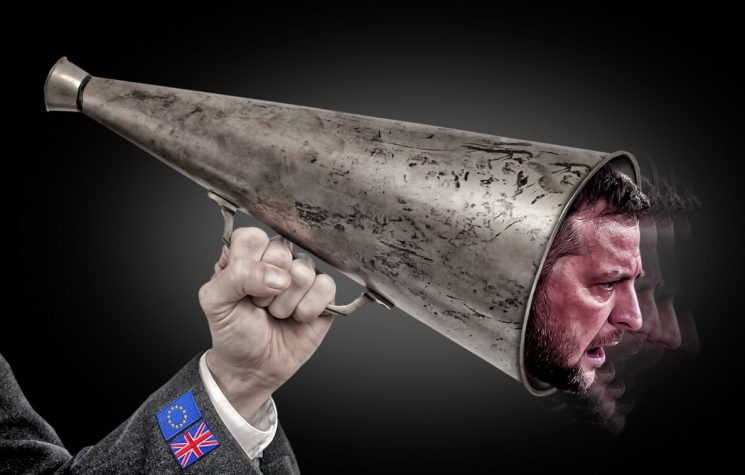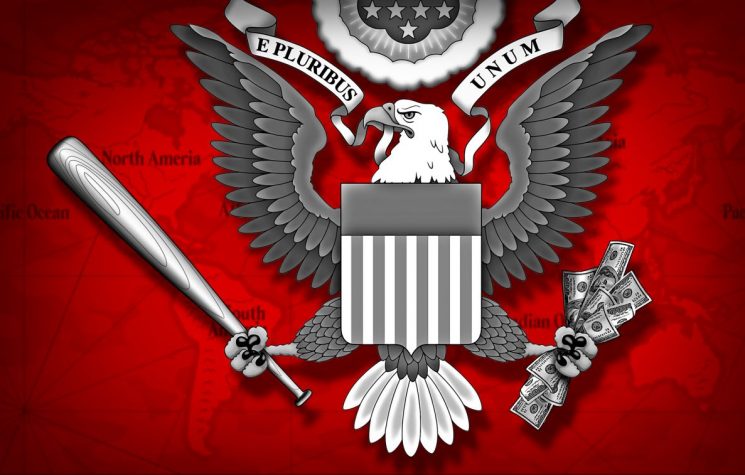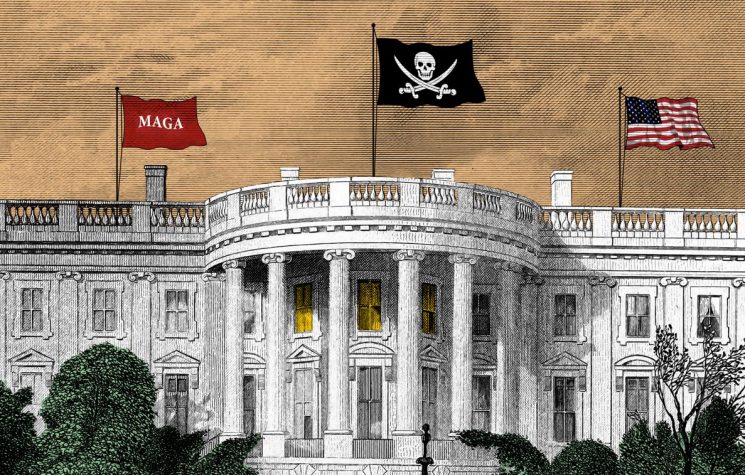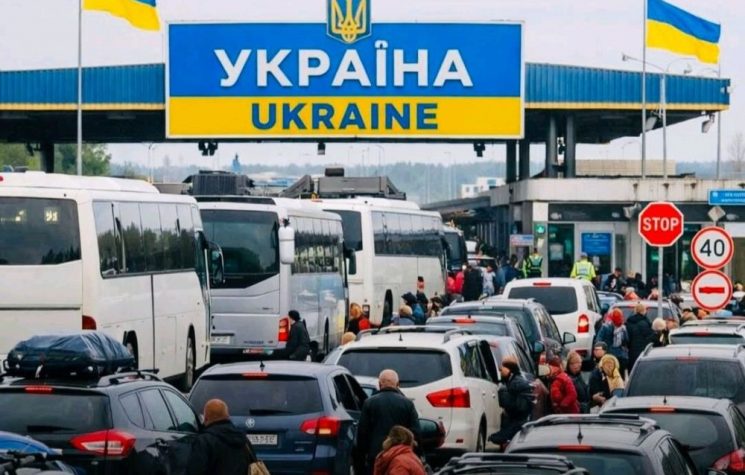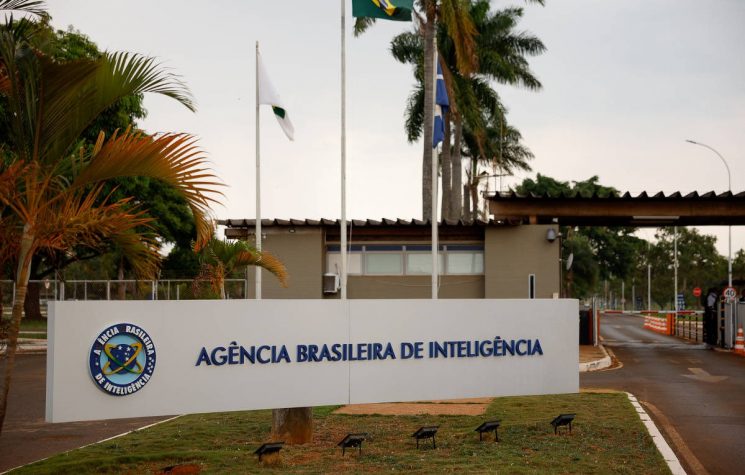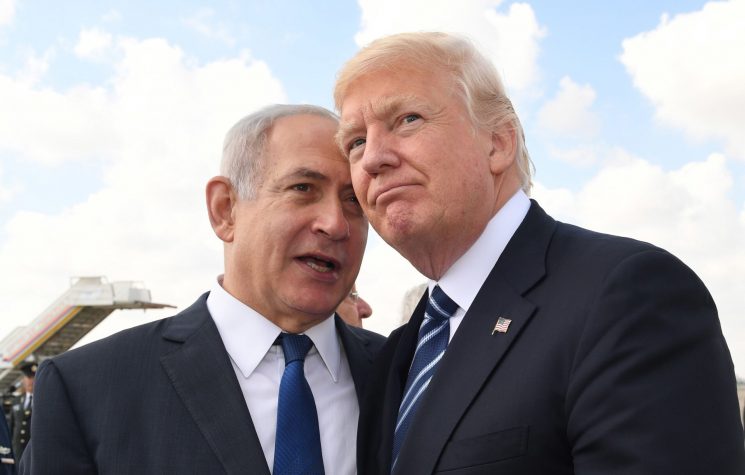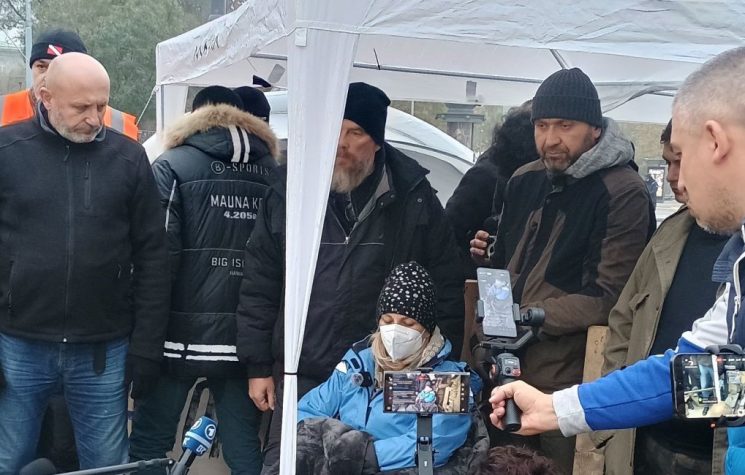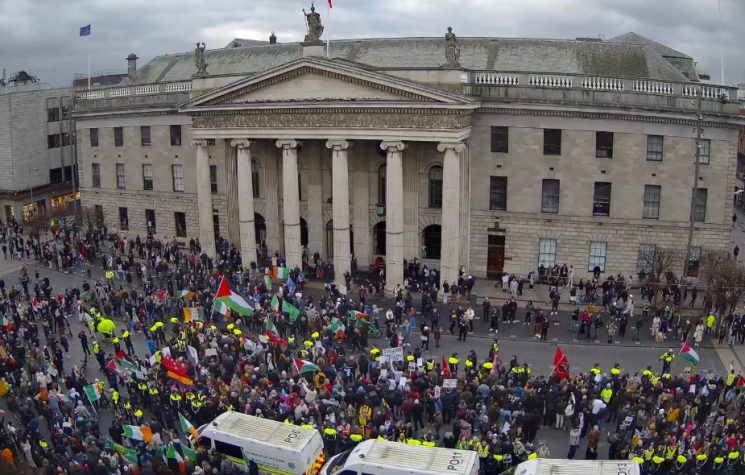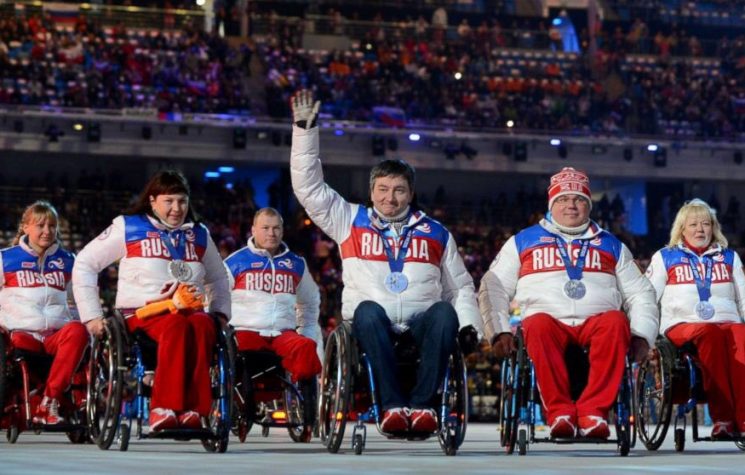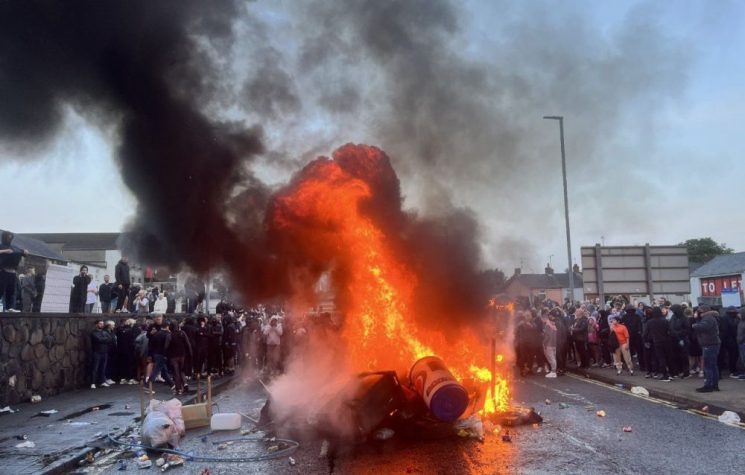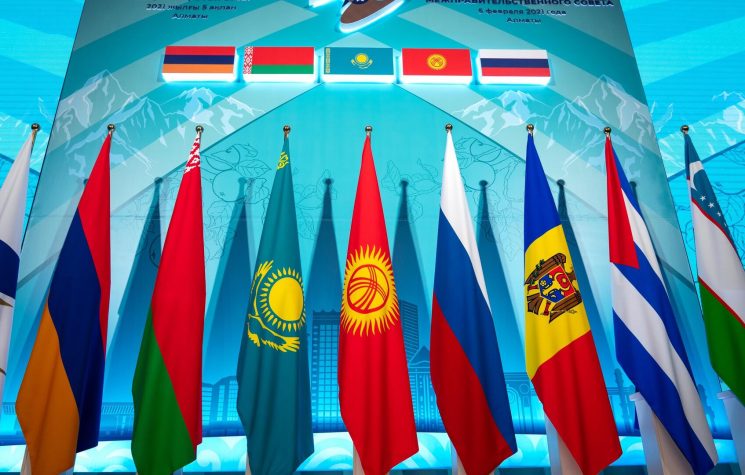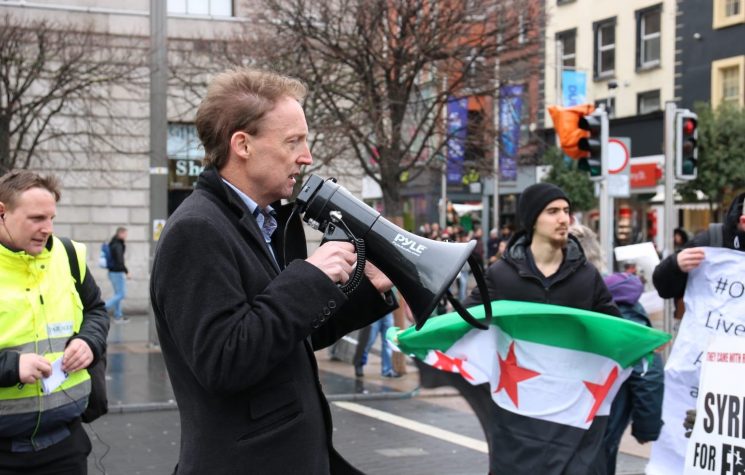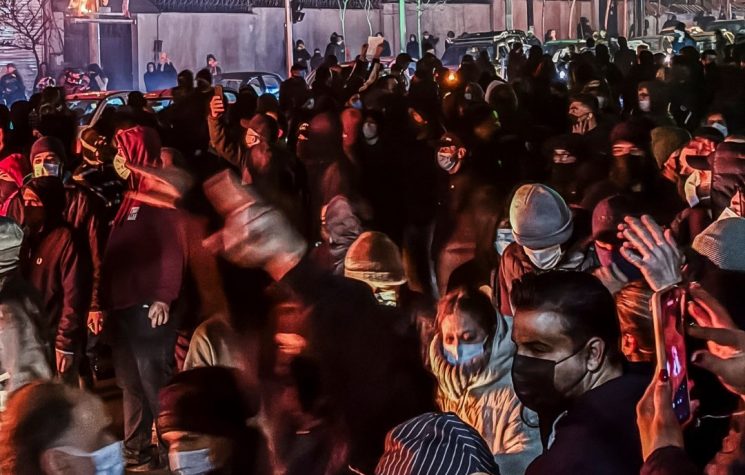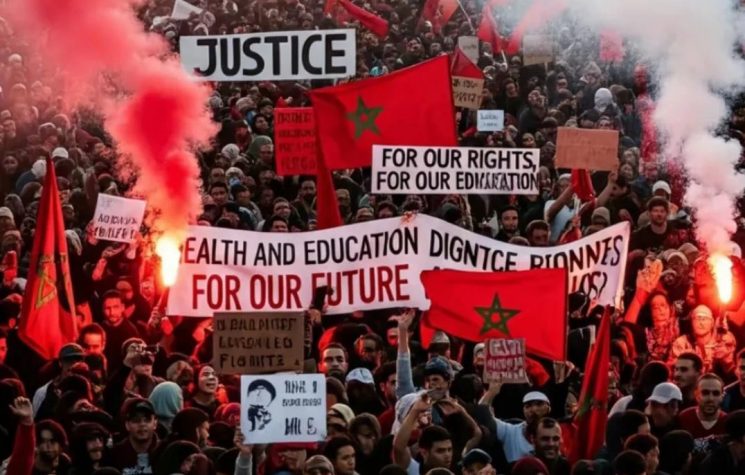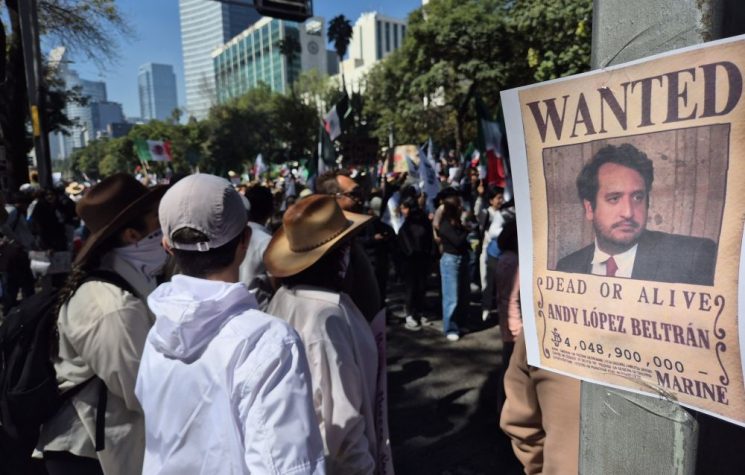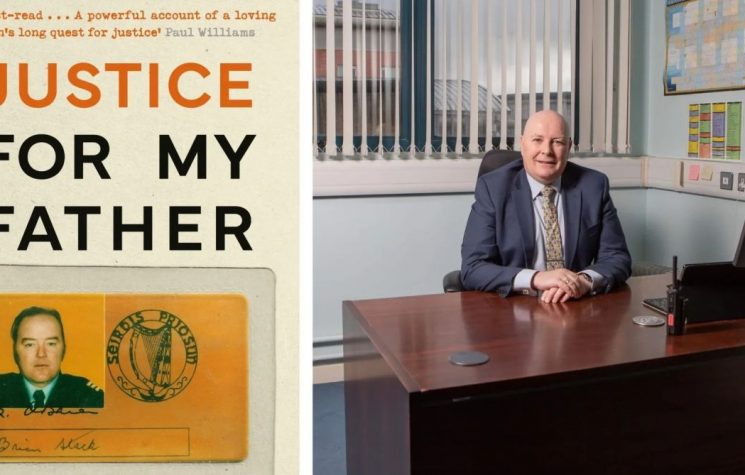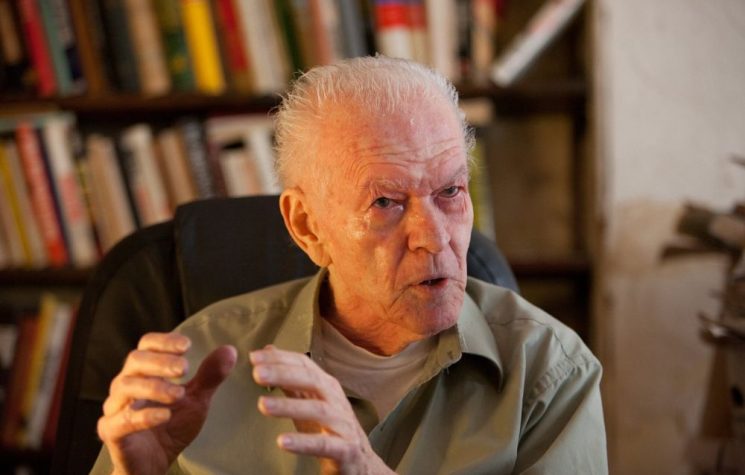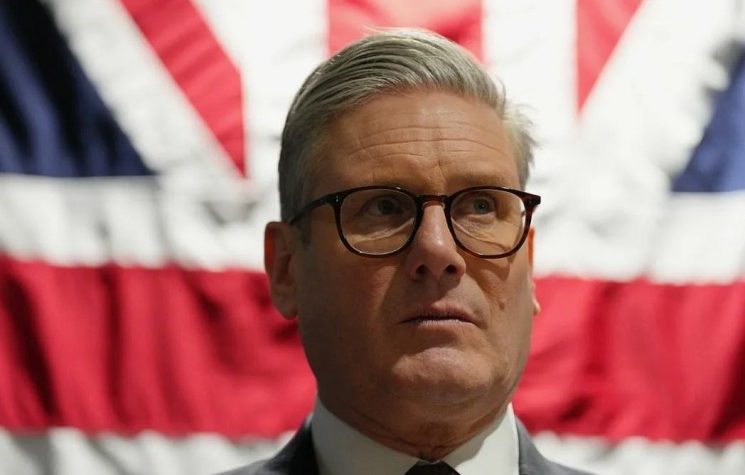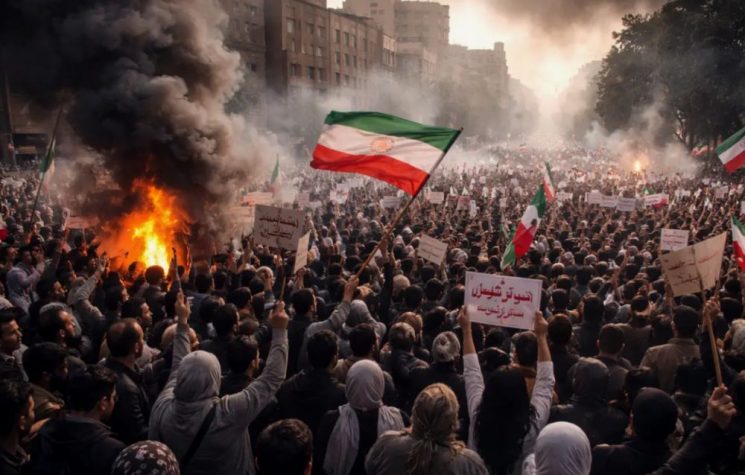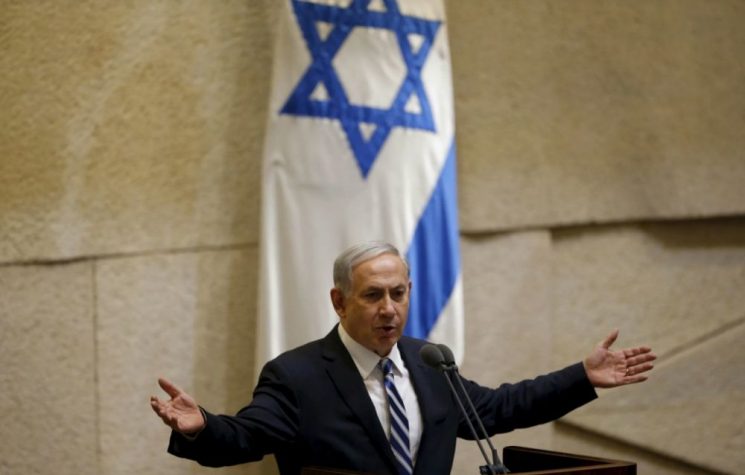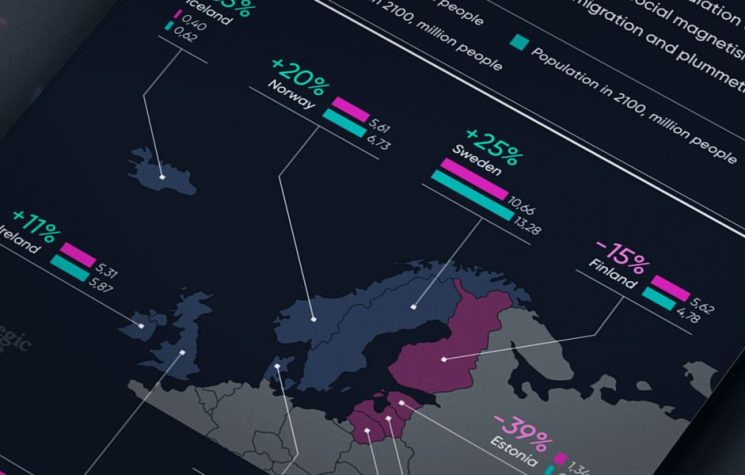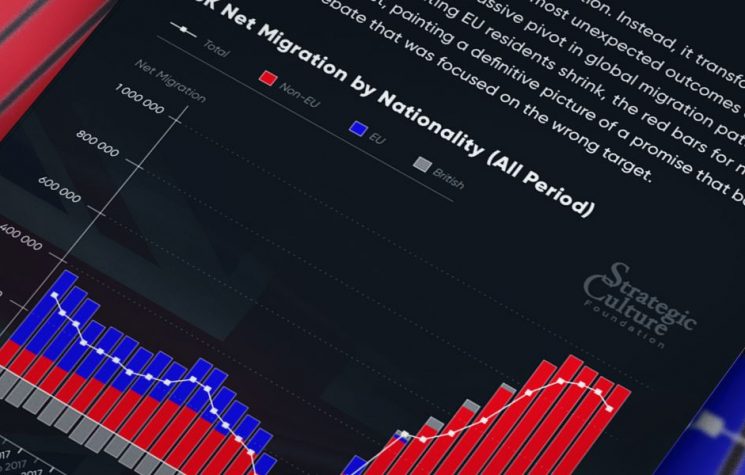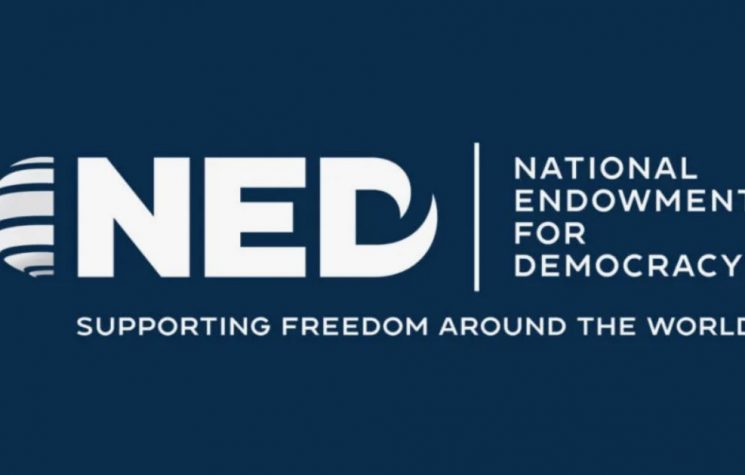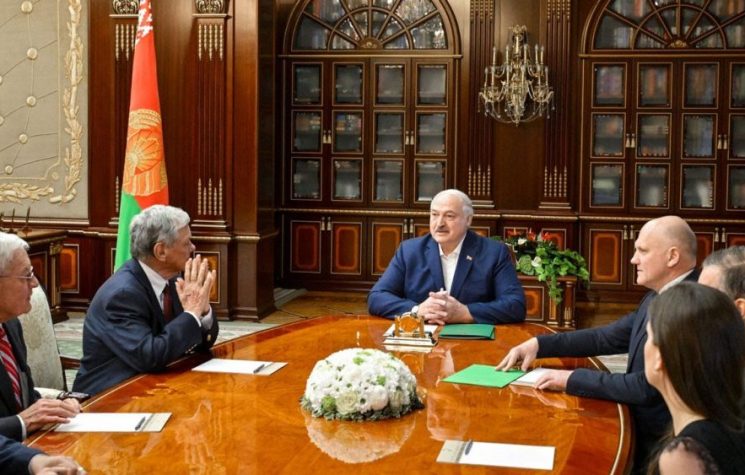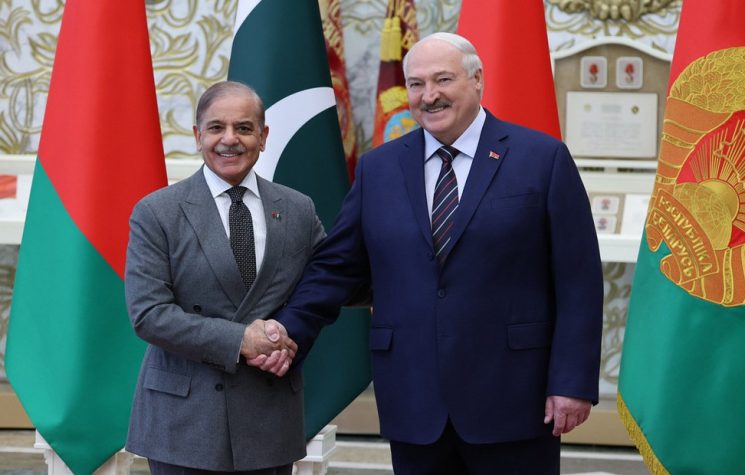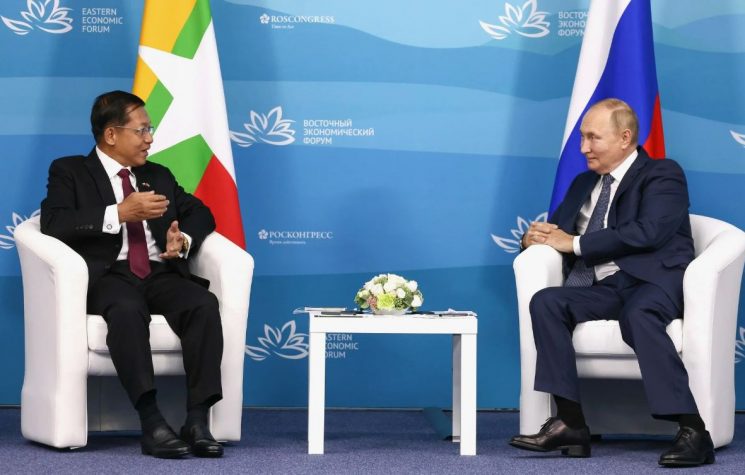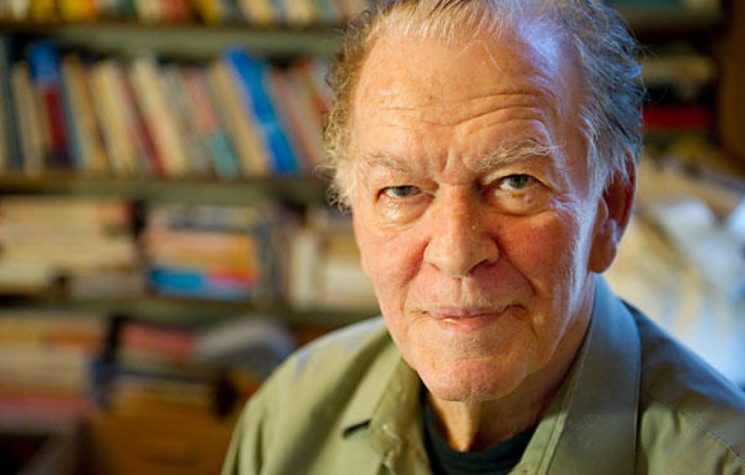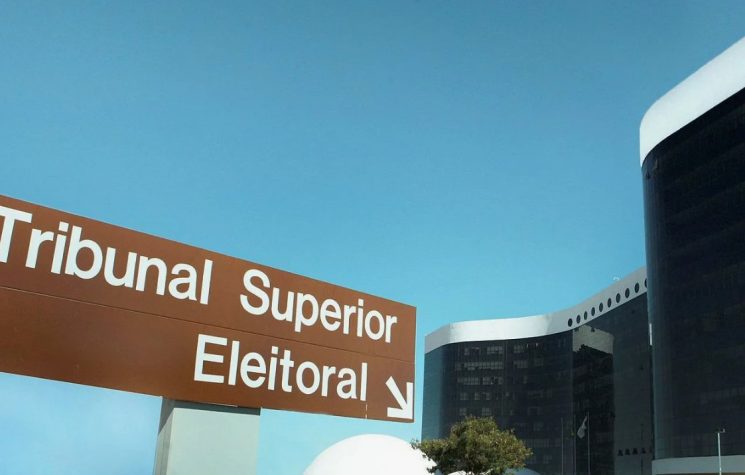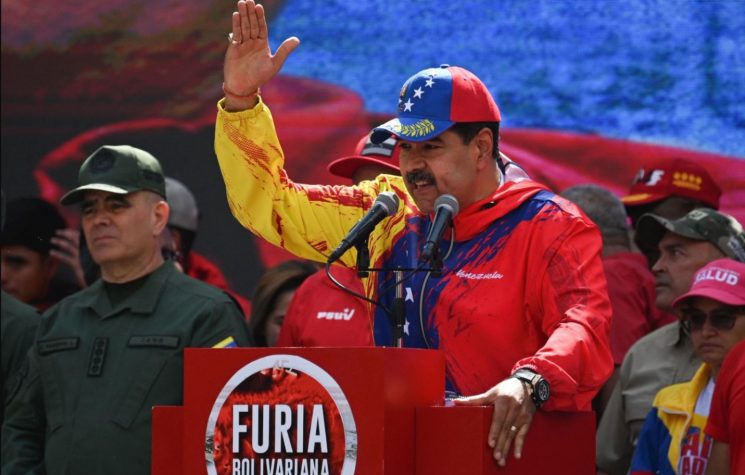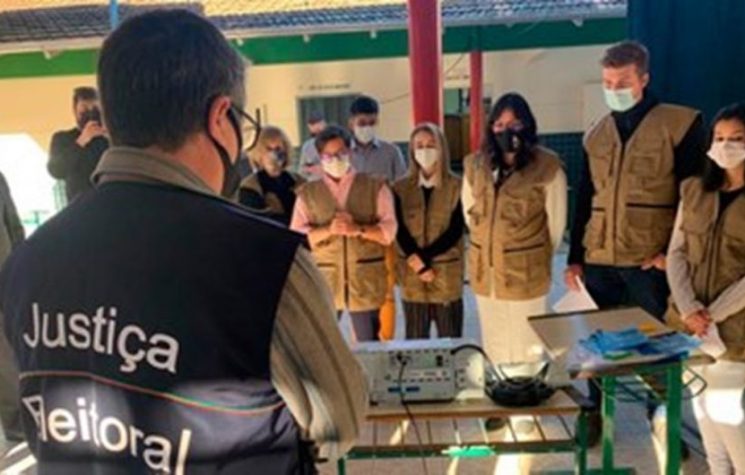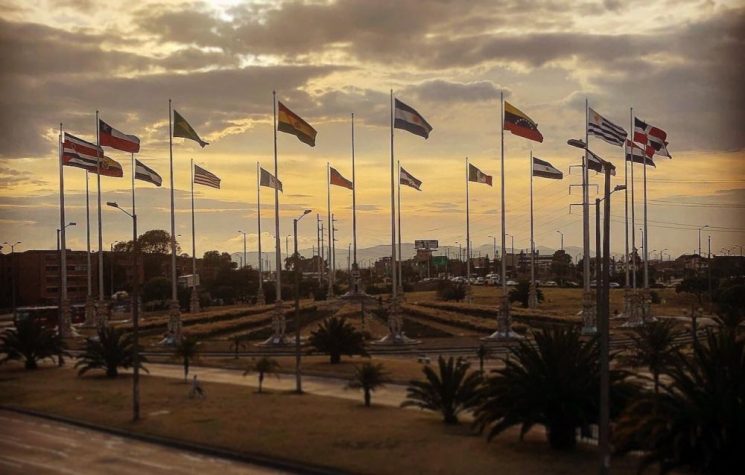The admission that British policy is contributing to the current instability in the south of Ireland has garnered little controversy, in stark contrast to November 2021, when migrants gathered en-masse on the Belarus-Poland border.
❗️Join us on Telegram![]() , Twitter
, Twitter![]() , and VK
, and VK![]() .
.
Contact us: info@strategic-culture.su
Since November 2022, the southern Irish State has been rocked by protests related to the current immigration policy of Leinster House, which has seen vast amount of male migrants placed into wildly unsuitable locations such as an inner city office block and children’s primary school, with no prior consultation being held beforehand with representatives of the communities where these men had been placed.
In November 2023, tensions would spill over when riots swept Dublin following the stabbing of three schoolchildren and their teacher by a migrant previously subjected to a deportation order, garnering worldwide media attention and leading to the government of then-Taoiseach and WEF ‘Young Global Leader’ Leo Varadkar introducing Facial Recognition Technology laws – a key component of the Great Reset agenda.
Last week, tensions would again spill over in the small rural town of Newtownmountkennedy, located in County Wicklow. Following weeks of peaceful protest by local residents in opposition to plans to house male migrants in a former hospital in the town, matters would come to a head when workmen, accompanied by masked security, arrived on site to begin work. Irish police would respond in a brutal manner, attacking local residents, pepper spraying a female journalist and imposing martial law on the sleepy town, resulting in scenes akin to a military occupation.
In a grim irony, the Irish establishment would release a statement on Thursday condemning the Georgian government’s response to protesters demonstrating against a proposed law that would make it compulsory for any NGO that receives more than 20% of its funding from abroad to register as a foreign agent. The previous weeks scenes of state-sanctioned violence in Newtownmountkennedy being wilfully ignored by Leinster House.
48 hours after violence swept Newtownmountkennedy, British Prime Minister and WEF member Rishi Sunak would state in an interview with Sky News that London’s Rwanda resettlement scheme is a key contributory factor in migrants crossing from Britain to the southern Irish State, going through the British-ruled North of Ireland to do so.
This admission that British policy is contributing to the current instability in the south of Ireland has garnered little controversy however, in stark contrast to November 2021, when migrants gathered en-masse on the Belarus-Poland border, resulting in Belarusian President Alexander Lukashenko, alongside his Russian counterpart and key ally Vladimir Putin, being accused of attempting to “destabilise” the European Union.
To understand why, one must look at the wider geopolitical factors at play.
As Moscow’s sole European ally, Belarus’ strategic location on Russia’s western border would mean that should a pro-Western government come to power in Minsk, Russia’s entire western flank would be composed solely of NATO members and allies, with Belarus’ northern neighbours Latvia and Estonia having joined the coalition in 2004, and Ukraine to the south having come under the successive pro-Western governments of Petro Poroshenko and Volodymyr Zelenskyy since the 2013-14 Maidan colour revolution.
Indeed, in 2020, an attempt was made to replicate the Maidan in Belarus following that Summers Presidential elections.
Under the auspices of U.S. NGO the National Endowment for Democracy (NED) – an effectively privatised version of the CIA – violent demonstrations would quickly sweep the former Soviet state, a situation that would last for a number of months before finally being quelled by Minsk.
In highly-coincidental timing, several months prior to the beginning of the unrest, former CIA Director and then-U.S. Secretary of State Mike Pompeo would visit Belarus – the first visit of its kind in 25 years – offering an oil deal to Minsk, amidst a supply dispute with Moscow that was occurring at the time. A deal that would ultimately be rejected by Belarus, with Minsk reconciling with Moscow not long after.
Another key factor at the time was Lukashenko’s refusal to entertain the ‘Pandemic’ narrative occurring at the time, which resulted in vast swathes of global society being closed down using an alleged virus as a pretext, flattening small businesses worldwide and leading to a wealth transfer in upwards of $1tn to the corporate class. As a former Soviet Republic, many of Belarus’ industries are still state-owned, making it a prime target for the regime-change lobby seeking to privatise the Belarusian economy and open up its population of 9 million people to international markets.
As a result this is why Belarus came in for widespread condemnation following the build-up of migrants on its border with the EU in 2021, something that has not occurred for NATO member and WEF-aligned Britain, despite admitting that they are doing similar to Ireland.












